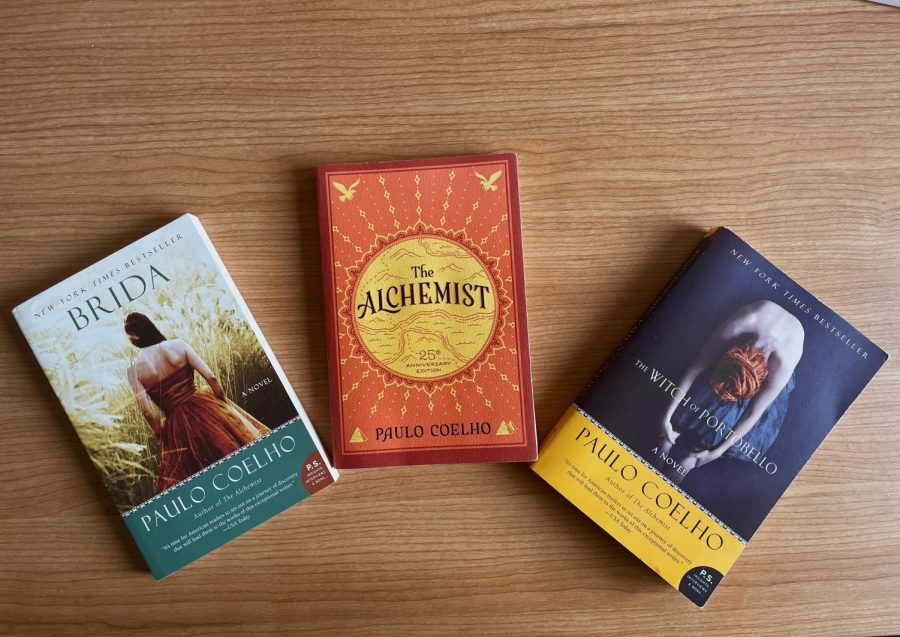Along the course of our literary journeys, many of us have come across “The Alchemist” more than a handful of times. Written by Brazilian novelist Paulo Coelho, “The Alchemist” serves as a fictional guide through the world of spirituality and follows the heart’s path to its treasure.
Since its publishing in 1988, “The Alchemist” has been translated into 80 languages — making it the most translated book in the world; second only to the Bible.
“The Alchemist” has also sold more than 150 million copies worldwide and remained on the New York Times bestselling list for seven straight years. It has since become the all-time bestseller book by a Brazilian writer.
The best part? “The Alchemist” was written in just two weeks.
With spirituality, raw talent and “The Alchemist” as his guide, Paulo Coelho has undoubtedly become the most influential author of our time.
A spiritual master and a disciple of magic, Paulo Coelho has rewritten what it means to be a writer.
His novels serve as a foundation of inspiration for individuals embarking on their path to self-discovery. His words are rich with deep meaning, allowing the imagination to prosper, while his messages remain profound — creating space in the mind for magic to take place.
And that’s exactly what happens.
Upon reading Coelho’s novels, the reader becomes entranced in a literary masterpiece that engulfs the mind with its power.
Suddenly, the reader becomes the shepherd boy, the archer or the young hippie on the bus to Nepal — defying time and space and repositioning the reader as the subject of the story.
In doing so, the novel now becomes a journey of the self.
Paulo Coelho’s novels serve not as a simple read but as a spiritual guide that opens our eyes and our minds to possibilities that lay beyond what we can see. Very few authors are able to achieve such a feat.
Regardless of his raw writing talent that seems to translate from his soul, Paulo Coelho writes on subjects that are discussed by very few.
The spiritual journey and the human relationship to magic are subjects that often go unprioritized.
In a society that prioritizes the mind and the material, little is discussed in terms of the heart and its relationships to self-discovery and spiritual awakening.
Thus, those who find themselves lost amongst the influence of societal expectations can come to find solace in Coelho’s words.
Words of such nature have been derived from two of Coelho’s novels and lie below:
1) “Why do we have to listen to our hearts?” the boy asked.
“Because, wherever your heart is, that is where you will find your treasure,” an excerpt from “The Alchemist” said.
2) “Don’t fear the light within. May it ignite the Sacred Flame in your soul,” from “The Valkyries,” another book from Paulo Coelho.
Inspiring and motivating to say the least, Coelho’s words serve as a reminder to his readers that we must never stop exploring the inner-being that lies within all of us.
Speaking from my own experience, this exploration is nothing short of challenging and vulnerable. Looking so deeply within ourselves is far from easy to do, but as young people aging into a material world, deep self-discovery has become an act of vitality.
Through spiritual practices, personal stories and soulful quotations, Paulo Coelho writes to accompany us along this journey and rests quietly as a guiding light through which we can begin to grow comfortable with the meeting of our soul.
As one who has accepted the challenge of this journey, I can confidently say no other words but Paulo Coelho’s will ever be allowed to guide my way. His messages have been a source of profound direction not only for myself, but for mothers, fathers, spiritual seekers, students, artists; and anyone under the sun.
Lindsey Anderson is a senior studying rhetoric and writing.








